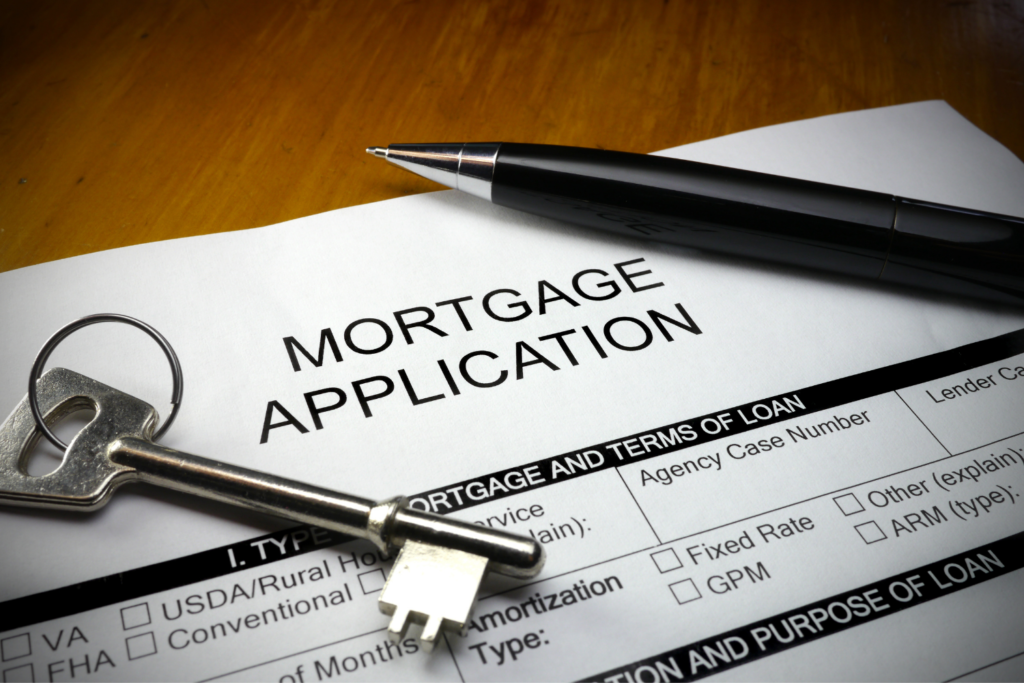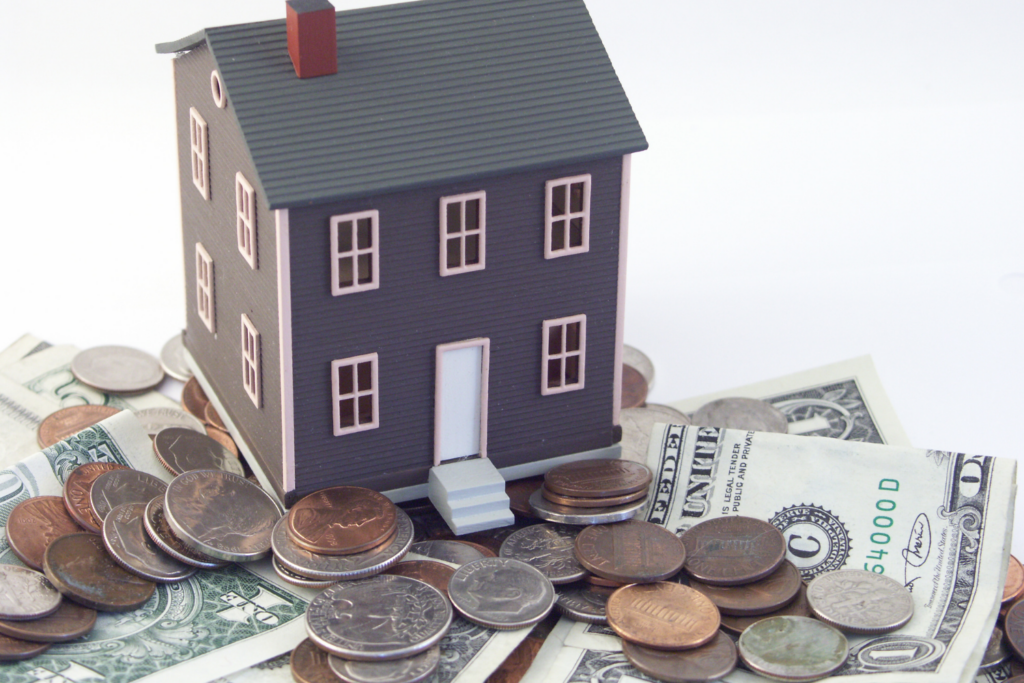
When it comes to retirement, one big decision is whether to rent or own your home. Both options have their ups and downs, and what works best for you may depend on factors like finances, lifestyle, and what you want to leave behind for loved ones. Let’s explore the benefits and challenges of each choice to help you decide.
Contents
1. Financial Impact
Owning a home can offer stability because you won’t have to worry about rent hikes or moving each year. Once your mortgage is paid off, your housing expenses may be lower, with only property taxes, insurance, and maintenance to cover. But keep in mind that owning can also mean high costs if unexpected repairs pop up.
Renting, on the other hand, can mean fewer surprise expenses, as the landlord usually covers repairs. But rental costs can go up over time, which might stretch your budget, especially if you’re on a fixed income. Renters also don’t build equity like homeowners do, which could affect long-term wealth.
In short: Owning can give you stability and equity, while renting might offer more predictable monthly costs.
2. Lifestyle Flexibility
One big plus of renting is flexibility. If you love to travel or want the option to move closer to family, renting makes it easier to relocate without the hassle of selling a house. Renters also don’t have to worry about home upkeep or repairs, freeing up time and energy for hobbies, family, and relaxation.
Owning a home, though, can give retirees a sense of community and roots, especially if they’ve lived in the area for a long time. If you prefer staying in one place, owning might fit better with your lifestyle.
In short: Renting can be ideal for retirees who value flexibility, while owning can work well for those who want to settle down.
3. Estate Planning and Leaving a Legacy
For retirees who want to leave a legacy, owning a home might be a good choice. A paid-off home can be passed down to heirs, which can help family members financially. However, managing a property as part of an estate can be complicated and may involve costs like taxes and legal fees.
Renting, on the other hand, leaves more liquid assets that could be easily divided among heirs. It also takes the pressure off your family members from dealing with property upkeep or selling the home after you pass.
In short: If leaving a legacy is important, owning may be appealing, while renting can simplify estate planning.
4. Health and Mobility Considerations
As we get older, our needs for a home might change. Some homes require a lot of maintenance, which can be physically demanding. In retirement, it might be worth considering a home that’s easy to maintain or even a rental in a senior living community where things like landscaping and repairs are handled for you.
Renting offers more options if you need to relocate to a home with accessibility features. Many rental properties, especially senior communities, are designed to meet the needs of retirees and offer amenities that can support an easier lifestyle.
In short: Renting may be a better fit if you think your physical needs might change, while owning can work well if your home is already easy to manage.
Final Thoughts: What’s Best for You?
Ultimately, the decision between renting and owning in retirement depends on your personal situation. Consider your finances, lifestyle preferences, and what you hope to leave behind for loved ones. For some, the comfort of owning a home is worth the maintenance, while others may find the flexibility and simplicity of renting to be the perfect fit. Whatever you choose, planning ahead can help you enjoy a comfortable and fulfilling retirement.





